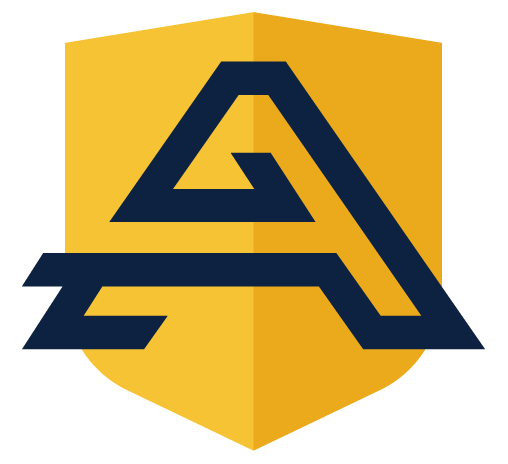Frequently Asked Questions
Is Aspire a private school?
Aspire is not a private school. It is a Georgia Network for Educational and Therapeutic Supports (GNETS) program serving students with severe behaviors. Students are referred to the program from Cobb County Schools, Marietta City Schools, and Douglas County Schools. Students who require more intensive behavioral programming for successful outcomes are referred to the program. Placement in the Aspire program is determined by an IEP team.
Where is Aspire located?
Aspire includes one campus-based program at Aspire in Mableton, Georgia. There are multiple satellite classes located in schools within Cobb County that are staffed and supervised by Aspire: Douglas County has eleven ASPIRE classes located at Mason Creek Elementary, Mason Creek Middle and Alexander High School.
What type of student does Aspire serve?
Aspire serves students who have severe emotional/behavioral concerns. Some students have eligibilities in the area of autism, intellectual disabilities or emotional/behavioral disorders. Despite the eligibility, all students must have severe emotional/behavior difficulties.
What interventions are implemented?
Aspire implements therapeutic interventions which are cognitive and behavioral in nature. Students are taught to replace their maladaptive behaviors with prosocial behaviors. They are also taught skills that will generalize in multiple settings. Progress meetings are scheduled frequently to readjust based upon the needs of the student.
Who needs to attend the referral IEP Meeting?
Since Aspire is a program within the Georgia Network of Education and Therapeutic Supports (GNETS), an Aspire representative must be present at an IEP meeting prior to a student being placed at Aspire Also, the required IEP members that must also attend are the local educational agency, general education teacher, special education teacher, related support if applicable, and evaluator.
What is the timeframe for a student to remain in the Aspire program?
The decision for students to return to their home school is based on behavioral data and not a specific time frame. That data includes behavioral expectations that are unique to the individual student and related to the referring behaviors.
Is your instructional focus solely behavioral?
Behavior and academics are the focus at Aspire. The teachers are charged with instructing students academically based upon Georgia educational standards. Behavioral teaching is a focus of instruction. Aspire staff is trained to teach replacement skills to students to improve their pro-social behavioral repertoire.
What are the steps for enrolling my child from another state into your program?
If your child attended a program that is reflective of the Aspire program, then your child may be able to enroll at Aspire. The first step is to go to your child’s home school and speak to the special education representative. They will review your child’s IEP services and possibly contact the school to obtain more information about the school/program. If the home school determines that your child’s former school was a separate day school or program, then they will contact an Aspire representative. An IEP meeting will be scheduled and an IEP team will determine placement. An IEP meeting will take place within 10 days after enrollment.
What are the steps for enrolling my child into Aspire from another school district in Georgia?
If your child was in a GNETS facility, then your child will be served at Aspire. You must first go to your child’s home school and they will contact an Aspire representative and arrange for you to register your child.
What are the steps for enrolling my child with autism in your school?
Home schools refer a student to Aspire once they have implemented supports over time and determined that the student may require additional therapeutic supports to help them make progress.
What are the steps for enrolling my child who currently attends another Cobb County School and is not doing well behaviorally?
Home schools refer a student to Aspire once they have implemented supports over time and determine that the student may require additional therapeutic supports to help them make progress.

